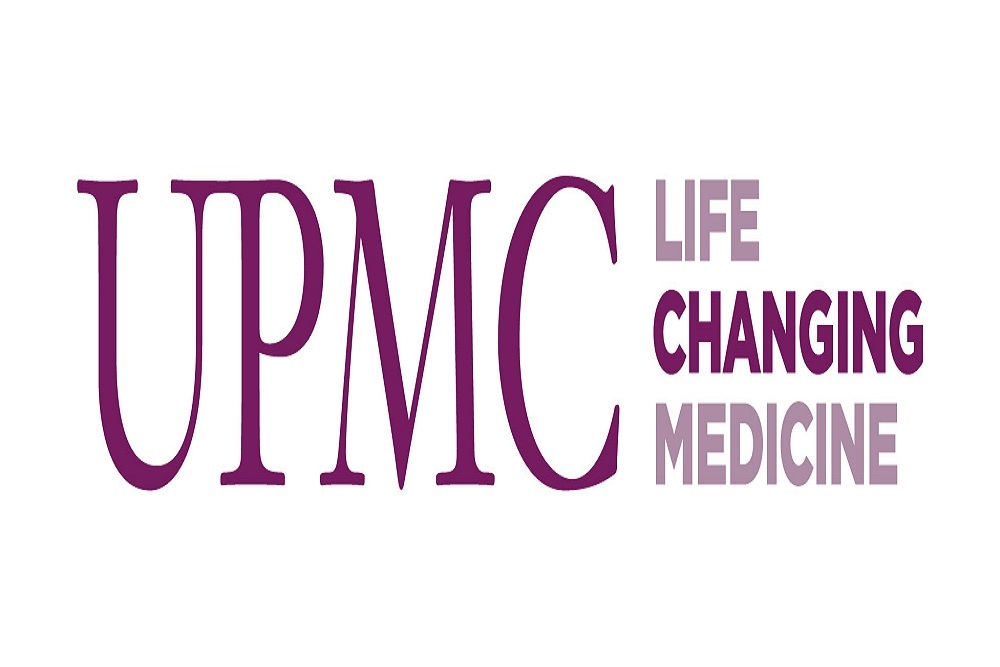
University of Pittsburg Medical Center issued the following announcement on May 23.
Families of critically ill hospital patients report higher satisfaction with clinician communication and a better perception of patient-centered care when the care team uses a low-cost strategy involving intensive emotional support and frequent meetings, according to the results of a University of Pittsburgh School of Medicine randomized trial being presented today at the ATS 2018 International Conference in San Diego and scheduled for publication in the June 21 issue of the New England Journal of Medicine.
The program – known as PARTNER (PAiring Re-engineered ICU Teams with Nurse-driven Emotional Support and Relationship-building) – also reduced patients’ lengths of stay in intensive care units (ICUs) and lowered hospitalization costs. During the trial, the program cost an average of $170 per patient, but it reduced hospitalization costs by 28 percent.
“One in five Americans die in or shortly after discharge from an ICU – typically when a loved one decides to forego life-prolonging therapies. That difficult decision can be made unnecessarily stressful when there are problems with communication between a patient’s family and their care team,” said Douglas B. White, M.D., M.A.S., director of the Clinical Research Investigation and Systems Modeling of Acute Illness (CRISMA) Center’s Program on Ethics and Decision Making in Pitt’s Department of Critical Care Medicine. “PARTNER helps the clinical team establish relationships and provide support to the family well before decisions have to be made about goals of care.”
PARTNER is delivered by the interprofessional team in the ICU, consisting of nurses, physicians, spiritual care providers, social workers and others who play a part in patient care. The program is overseen by nurse-leaders in each ICU who receive 12 hours of advanced communication skills training to support families. The nurses meet with the families daily and arrange interdisciplinary clinician-family meetings within 48 hours of a patient coming to the ICU. A quality improvement specialist helps to incorporate the family support intervention into the clinicians’ workflow.
To test its effectiveness, PARTNER was rolled out at five UPMC ICUs with different patient populations and staffing. It was implemented in a staggered fashion so that every participating ICU would eventually get PARTNER. Before receiving PARTNER, the ICUs continued their usual methods of supporting families of hospitalized patients. None of the ICUs had a set approach to family communication or required family meetings at regular intervals before receiving PARTNER.
A total of 1,420 adult patients were enrolled in the trial, and 1,106 of these patients’ family members agreed to be a part of the study and its six-month follow-up surveys. The patients were very sick, with about 60 percent dying within six months of hospitalization and less than 1 percent living independently at home at that point.
Families who participated in the intervention were more likely to report that their loved one received patient-centered care – where the patient’s comfort, emotional well-being, beliefs and cultural needs were respected and guided clinical actions. Of those receiving PARTNER, 79.2 percent scored their loved one’s care in the highest patient-centeredness category on an assessment, compared to 63.2 percent of those who received usual care.
The intervention cut the average hospital length-of-stay by more than three days, from 13.5 to 10.4 days, and shortened the average time patients spent in the ICU from 7.4 to 6.7 days.
“We also observed a slightly higher rate of in-hospital mortality, which came with families reporting more patient-centered care and better communication,” said White, who also holds the UPMC Chair for Ethics in Critical Care Medicine. “This was likely because the intervention supported families in determining what goals of care were most respectful to the patient as a person in the setting of very advanced illness.”
Additional authors on this research are Derek C. Angus, M.D., M.P.H., Anne-Marie Shields, M.S.N., R.N., Praewpannarai Buddadhumaruk, M.S., R.N., Caroline Pidro, B.S., Cynthia Paner, M.S.N., R.N., Elizabeth Chaitin, M.S.W., M.A., Chung-Chou H. Chang, Ph.D., Jeremy M. Kahn, M.D., M.S., Joseph M. Darby, M.D., Amy Kowinsky, R.D., L.D.N., Susan Martin, R.N., M.S.N., Robert M. Arnold, M.D., all of Pitt or UPMC, or both; Francis Pike, Ph.D., of Eli Lilly and Company; and Lisa Weissfeld, Ph.D., of the Statistics Collaborative, Inc., in Washington, D.C.
This research was funded by a UPMC Innovation Award and The Greenwall Foundation.
Original source can be found here.